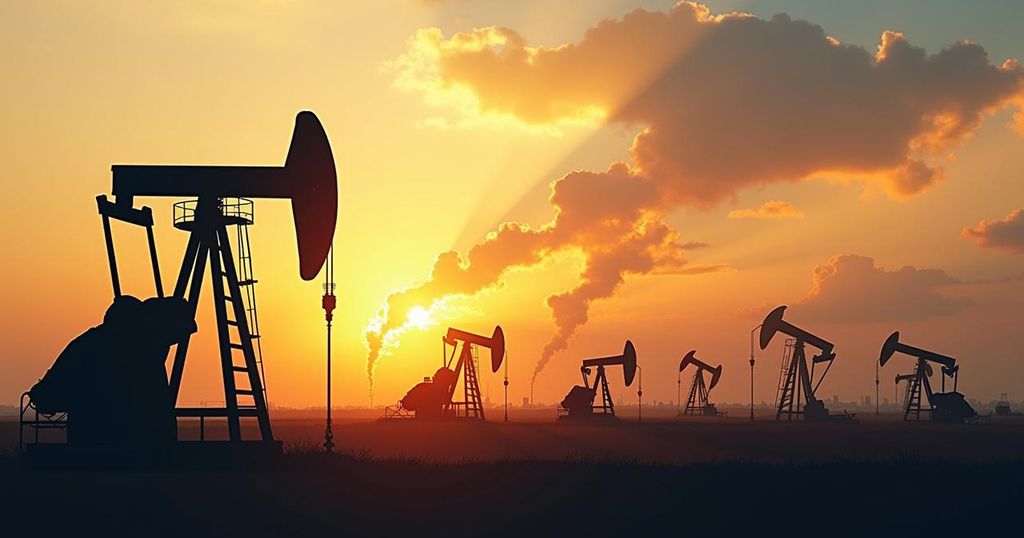Aliko Dangote on the Gradual Transition from Fossil Fuels to Renewable Energy in Africa

Aliko Dangote, CEO of Dangote Refinery, underscores the slow transition from fossil fuels to renewable energy in Africa due to immediate energy needs. He stresses the importance of simultaneously utilizing natural gas and coal while investing in renewable energy. Dangote advocates for African leadership in development to navigate the continent’s pressing challenges related to climate change.
Aliko Dangote, the esteemed CEO of Dangote Refinery, articulated his insights on the gradual transition from fossil fuels to renewable energy sources during a recent dialogue on the sidelines of the 79th United Nations General Assembly (UNGA 79) in the United States. He emphasized that while the shift to renewable energy is unavoidable, it is a complex process that necessitates time. Dangote remarked that the acute challenges currently facing Africa—including fuel shortages and significant electricity deficits—compel the continent to rely on existing resources, such as natural gas and coal, while simultaneously progressing towards renewable energy solutions. He stated, “Transitioning doesn’t happen in one day. It will happen over a period of time. If we are going to move from where we are straight into renewable, we will die. Right now, we have 600 million Africans without electricity. We have natural gas, coal and other things. What we do is that we have to do both at the same time. Finding replacement for oil will take a long time. Do you know what you can produce from oil? You produce over 6,800 items from oil. We need to address those issues. Right now, we are having several issues. We don’t have fuel. If we don’t have fuel, what do you do? We are transitioning from the fossil fuel to compressed natural gas.” In addition to discussing the challenges, Mr. Dangote affirmed his company’s commitment to investing in renewable energy, highlighting their ambition to pioneer initiatives in this sector. He noted that following the establishment of a refinery and fertilizer plant, the strategic next step would naturally be to branch into renewable energy. Furthermore, Dangote stressed the urgency for African nations to take charge of their own development, declaring, “Nobody will develop Africa, but Africans. No matter what, we must lead before other people are going to get convinced to follow us.”
The dialogue regarding climate change and the transition from fossil fuels to renewable energy is increasingly pertinent to global sustainability efforts. Africa’s unique position within this discourse is underscored by its low contribution to global greenhouse gas emissions (approximately 4%) yet high vulnerability to climate change, which threatens food security, natural ecosystems, and exacerbates regional conflicts. Reports from organizations such as the African Development Bank and the World Meteorological Organisation highlight the urgent need for significant investments—estimated at around $3 trillion by 2030—to enable African nations to effectively mitigate climate change impacts. The continent’s efforts must balance immediate energy and electricity demands with long-term sustainable practices, as advocated by prominent leaders like Aliko Dangote.
In conclusion, Aliko Dangote’s statements during the recent UNGA underscore the complex nature of the transition from fossil fuels to renewable energy in Africa. He advocates for a dual approach that addresses immediate energy needs while strategically planning for renewable energy integration. The emphasis on African leadership in development and investment in renewable resources is vital, as the continent faces unique challenges exacerbated by climate change. Africa’s proactive stance is crucial in ensuring its sustainable future amidst increasing vulnerabilities.
Original Source: nairametrics.com








